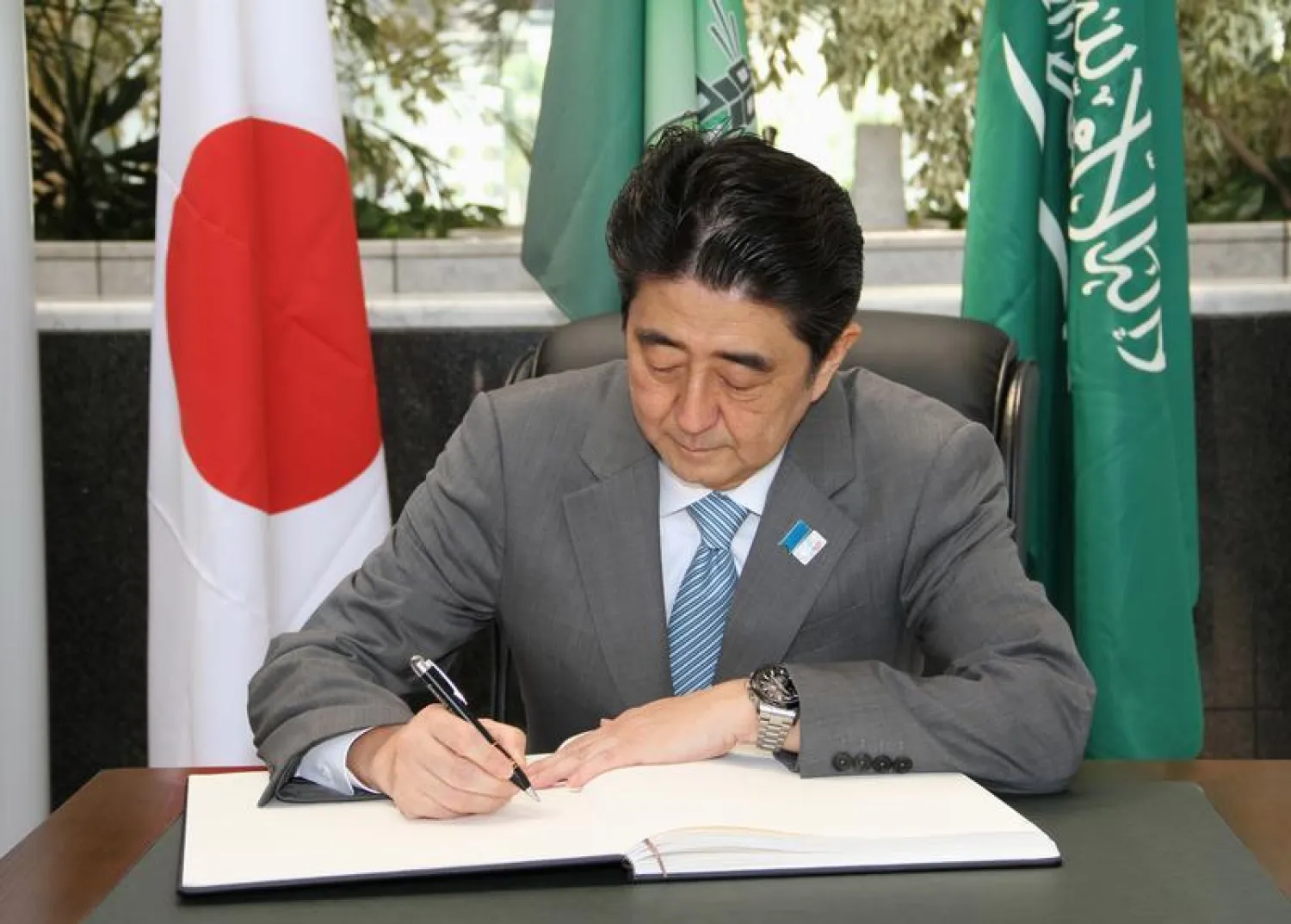The Saudi-Japanese Business Council discussed on Monday in Riyadh means to overcome obstacles, bolster investments and support the small and medium-sized enterprises (SMEs) sector.
The council said that recent talks between the two countries paved the way for increasing the volume of bilateral trade to reach around $27 billion in 2016, adding that about 6 percent of the Kingdom’s total imports came from Japan, while around 11 percent of Saudi exports were directed toward the Asian country.
Tareq al-Qahtani, head of the Saudi side of the Saudi-Japanese Business Council, noted that Saudi Arabia was one of the countries that attracts foreign investments due to the abundance of natural resources and its economic, political and social stability.
He said he hoped investments would increase remarkably with the establishment of the Saudi-Japanese Investment Company and the implementation of programs aimed at promoting trade and attracting further investments within the framework of Saudi Vision 2030.
The joint meeting held on Monday between the Saudi-Japanese Business Council and the Council of Saudi Chambers reviewed ways to enhance trade and investment relations between the business sectors and introduce investment opportunities available in both countries. It was attended by about 100 Saudi and Japanese investors and representatives of Saudi and Japanese companies operating in different sectors.
For his part, Hiroshi Saito, chairman of the Council’s Japanese side, reaffirmed his country’s readiness to strengthen cooperation with the Kingdom in various sectors and exchange expertise in areas of mutual interest in the light of the Saudi-Japanese Vision 2030.
The Japanese official underlined the importance of enhancing trade cooperation to boost the volume of trade exchange and opening the door to investment to the private sector to reach wider horizons for joint cooperation.
He also expressed his country’s willingness to support the Saudi SMEs sector, noting that Japan had a distinguished experience in this regard.









